Keywords: Sacrifice
There are more than 24 results, only the first 24 are displayed here.
Become a subscriber for more search results.
-
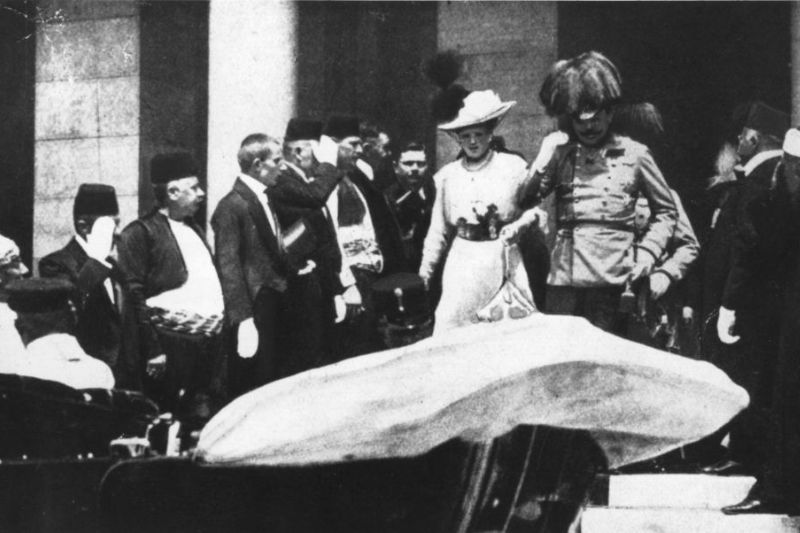
INTERNATIONAL
- Stephen Yorke
- 24 April 2024
1 Comment
On a June day in 1914, a Bosnian nationalist in Sarajevo ignited a chain reaction that reshaped the world. Gavrilo Princip, a 19-year-old student, did not aim to unleash a global conflict. From the halls of imperial power to the fields of battle, how did the shots fired in Sarajevo echo across continents, drawing empires into disarray and redrawing the map of the modern world? (From 2004)
READ MORE
-
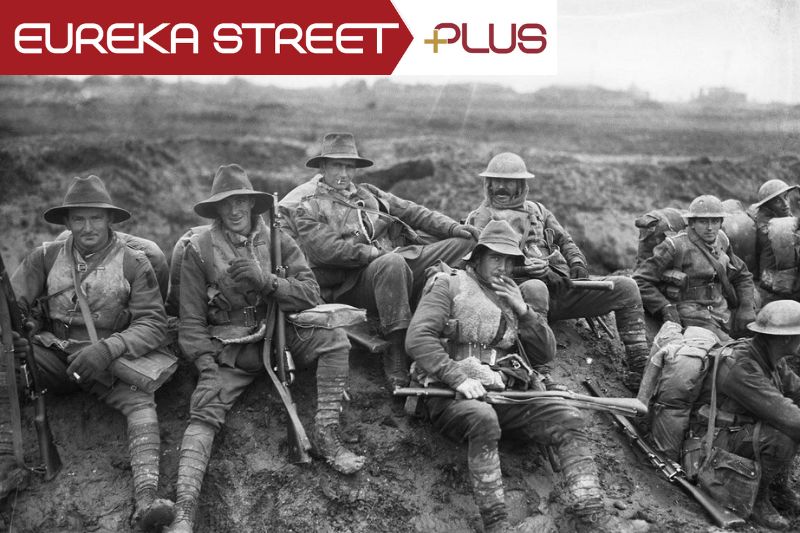
AUSTRALIA
- Peter Craven
- 24 April 2024
1 Comment
For those born in the wake of World War II, war stories seemed the greatest fun on earth. But the pity of it is monumental and we come to take it – if not for granted – then at least as part of the fabric of minds that had met with all that was terrible in human experience and all that called out for reverence.
READ MORE 
-
.jpg)
AUSTRALIA
- Gillian Bouras
- 10 April 2024
3 Comments
For the men in these conflicts, there was an expectation they would resume the lives they had left behind as if nothing had happened, as if they had been on an extended business trip. It calls to mind a phrase that has become common in recent years: unexamined trauma.
READ MORE
-
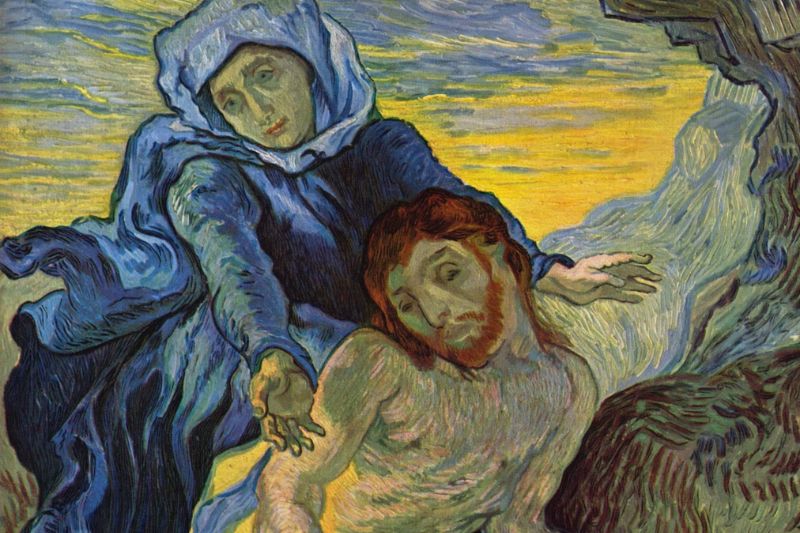
ARTS AND CULTURE
Dante and Hopkins named it lavishly: Christ’s vita nuova, shared to Easter in us; Ignatius of Loyola called it: magnanimity . . . How could we then, receiving, hoard or dispense it stintingly, like Scrooge before his Christmas haunting?
READ MORE
-

AUSTRALIA
- Barry Gittins
- 21 March 2024
4 Comments
Considering how whistleblowers were punished for reporting the misdeeds of our warriors alongside the judicial exposure of war crimes, we've experienced something of a cultural about-face when it comes to celebrating the Anzac mythos.
READ MORE
-
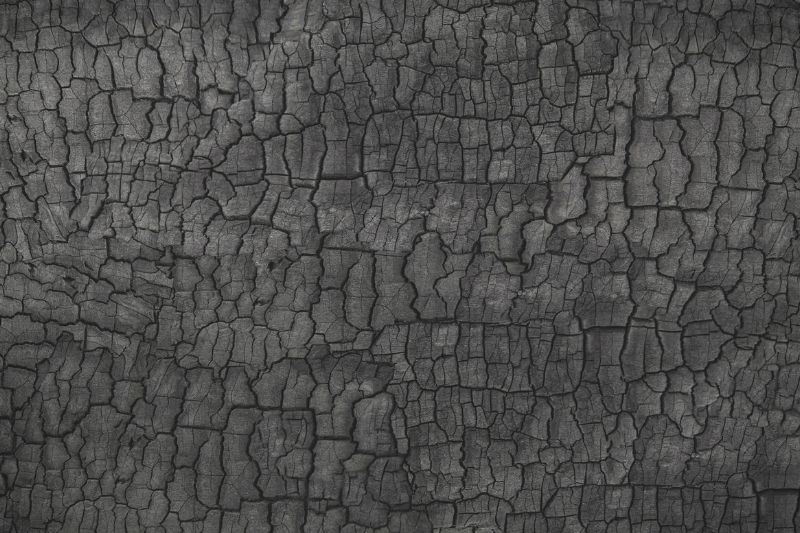
RELIGION
- Andrew Hamilton
- 13 February 2024
5 Comments
In a world grappling with war, inequality, and environmental devastation, can a celebration of sacrifice offer hope? For a secular Australia, the relevance of Lent may lie in bridging the gap between a seemingly dehumanizing act and the profound belief in the preciousness of human life. Can this paradoxical notion inspire action to heal the wounds of our world?
READ MORE
-

ARTS AND CULTURE
- Paul Mitchell
- 04 January 2024
Arguably Australia’s most celebrated living author, Helen Garner has built a reputation as a fearless and unapologetic writer whose work has remained fresh and relevant for over 45 years. We sat down with Helen to explore the challenges of confessional non-fiction, her fondness for church, and her commitment to unsparing self-analysis.
READ MORE 
-
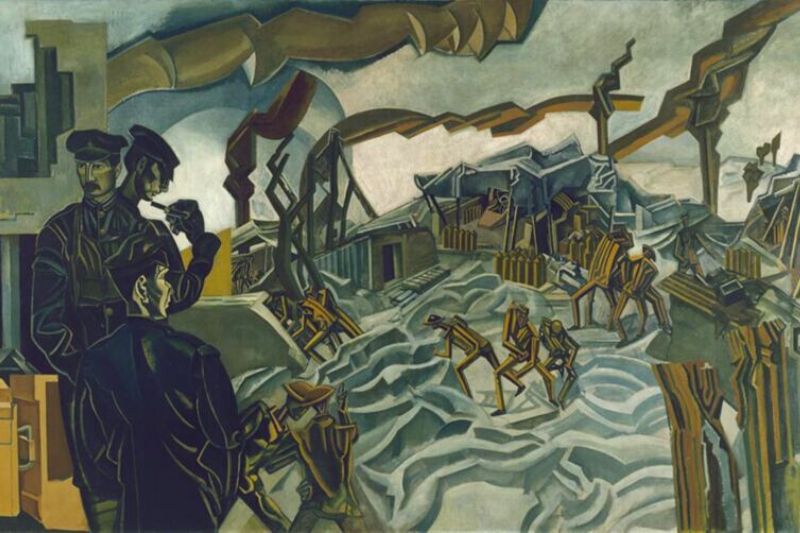
INTERNATIONAL
- Warwick McFadyen
- 08 November 2023
1 Comment
This November 11, for many at ceremonies around the nation, the clocks will stop, the breath will pause for a minute to remember the dead and injured of war. And like the poppies in Flanders fields, the lists of names of men killed in action continues to grow: in Africa, in Europe and Asia. If history is our teacher, then we are very poor students.
READ MORE
-

AUSTRALIA
- Adrian Rosenfeldt
- 29 September 2023
12 Comments
Amid the rise of 'no religion' among young Australians, there is a nuanced narrative of spirituality with demonstrated potential to alleviate some mental health concerns. With a prominent strain of individualism pervading today's culture, might revisiting spiritual connectedness provide young people with a needed respite?
READ MORE
-
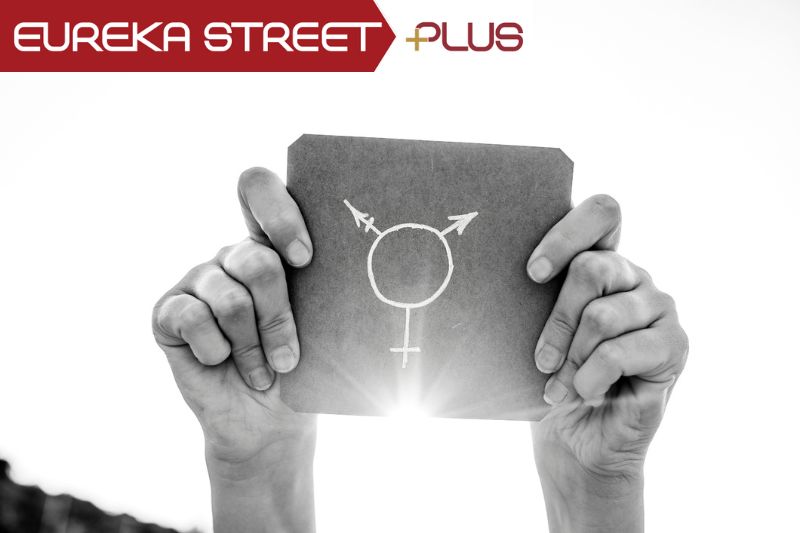
RELIGION
- Bill Uren
- 15 September 2023
3 Comments
As society grapples with evolving concepts of gender, and as the Catholic Church has maintained a stance in conflict with modern gender theory, recent statements by American bishops spotlight the chasm between doctrine and contemporary gender theories. Can these differences be resolved?
READ MORE 
-
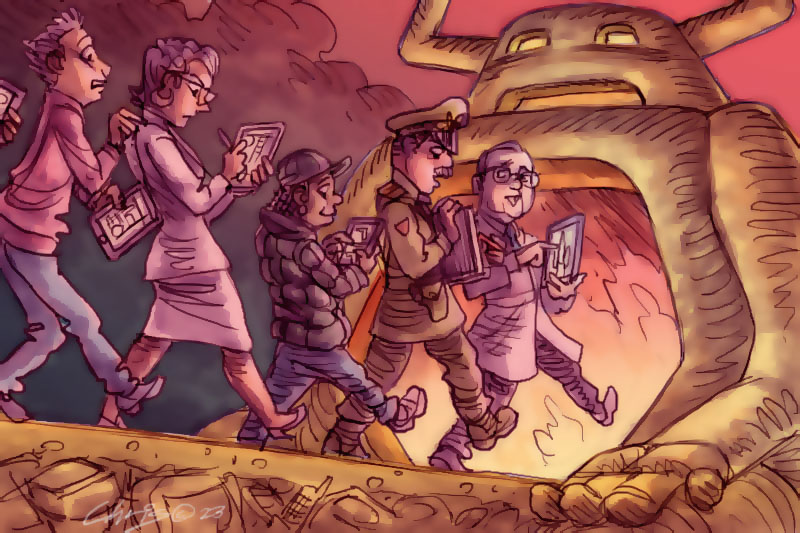
ECONOMICS
- Daniel Simons
- 14 September 2023
In a world increasingly governed by algorithms and AI, the ancient deity Moloch emerges as a haunting metaphor for our tech-driven sacrifices. Drawing parallels from historic rituals to present-day digital dynamics, ancient fears offer insight into today's most pressing existential challenges.
READ MORE
-
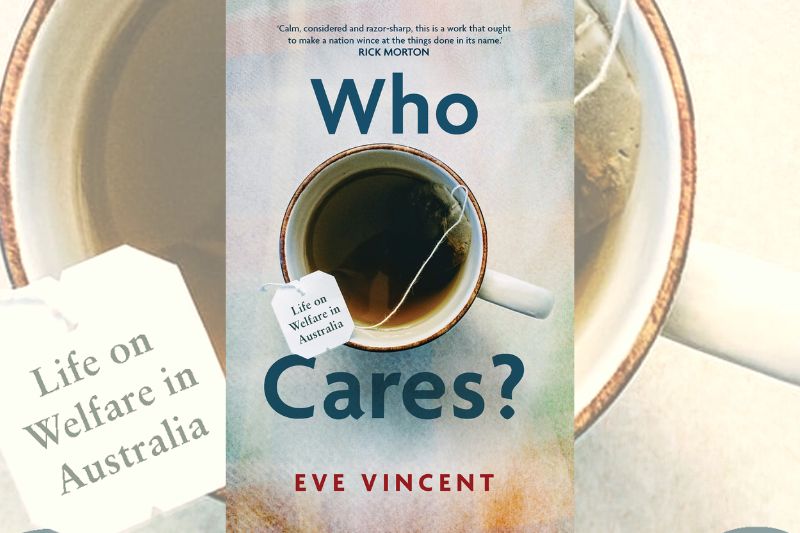
AUSTRALIA
Dr. Eve Vincent's book, 'Who Cares? Life on Welfare in Australia', provides an in-depth exploration of the intricate dance between power, control, and social policy, unearthing unsettling truths about our society's inherent power structures. This discourse further underscores the urgent need for a radical reimagining of our socio-economic systems.
READ MORE